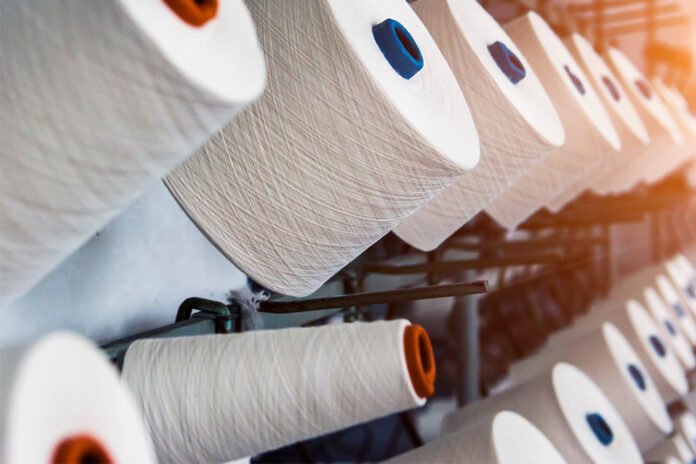Imports from China’s Xinjiang province are increasing pressure on Vietnam’s apparel and footwear makers that have already shed nearly 90,000 jobs since October as demand slowed.
The job losses might not be entirely due to the Xinjiang cotton factor. The global slowdown has had a larger impact. The Uyghur Forced Labor Protection Act (UFLPA), is in place since June, requires companies to prove that they do not use raw materials or components produced with Xinjiang’s forced labor.
The US customs authorities held up a total of $15 million worth of apparel and footwear shipments under UFLPA out of which 80 percent were from Vietnam, and only 13 percent of its cargoes were cleared for entry, U.S. customs data up to April 3 reveals.
Many U.S. importers fear their supply chains could be disrupted as Vietnam’s apparel makers depend on China for about half of their input materials. It is interesting to note that Vietnamese shipments of around $2 million have been denied entry because of the Xinjiang cotton factor which is three times higher than the detention of similar goods from China.
According to official statistics, the US customs checked nearly 3,600 shipments valued over $1 billion from different countries to ascertain they did not carry goods with input from forced labor in Xinjiang. These shipments represent a tiny portion of the $27 billion worth of garments and footwear Vietnam exported to the U.S. last year. But the compliance risks may lead to more painful adjustments for Vietnam.
Vietnam’s heavy reliance on cotton textile materials from China poses a significant risk of containing Xinjiang cotton, as the province produces over 90 percent of China’s cotton. Vietnam could not significantly reduce this dependence as Chinese investors mostly own the enterprises.
Some Vietnamese suppliers may find it hard to comply with the new rules, either because they import cotton from Xinjiang or because they are unable to prove they do not.
A survey last year, revealed that about 60 percent of U.S. fashion industry managers have started exploring suppliers outside Asia to avoid risks of detention on forced labor law.
Roughly one in every three pairs of shoes that Nike and Adidas sell globally and 26 percent and 17 percent of their clothing, respectively, is made in Vietnam.
Adidas acknowledged downsizing at its Vietnamese suppliers would respect local law. Gap said it had no shipments detained.



